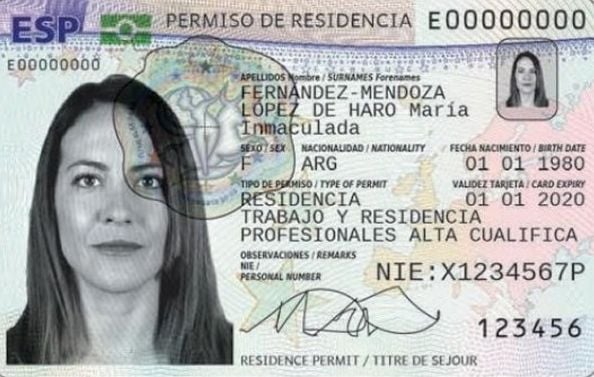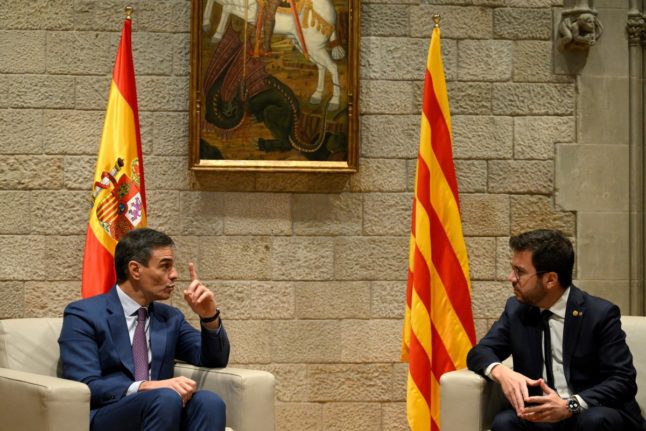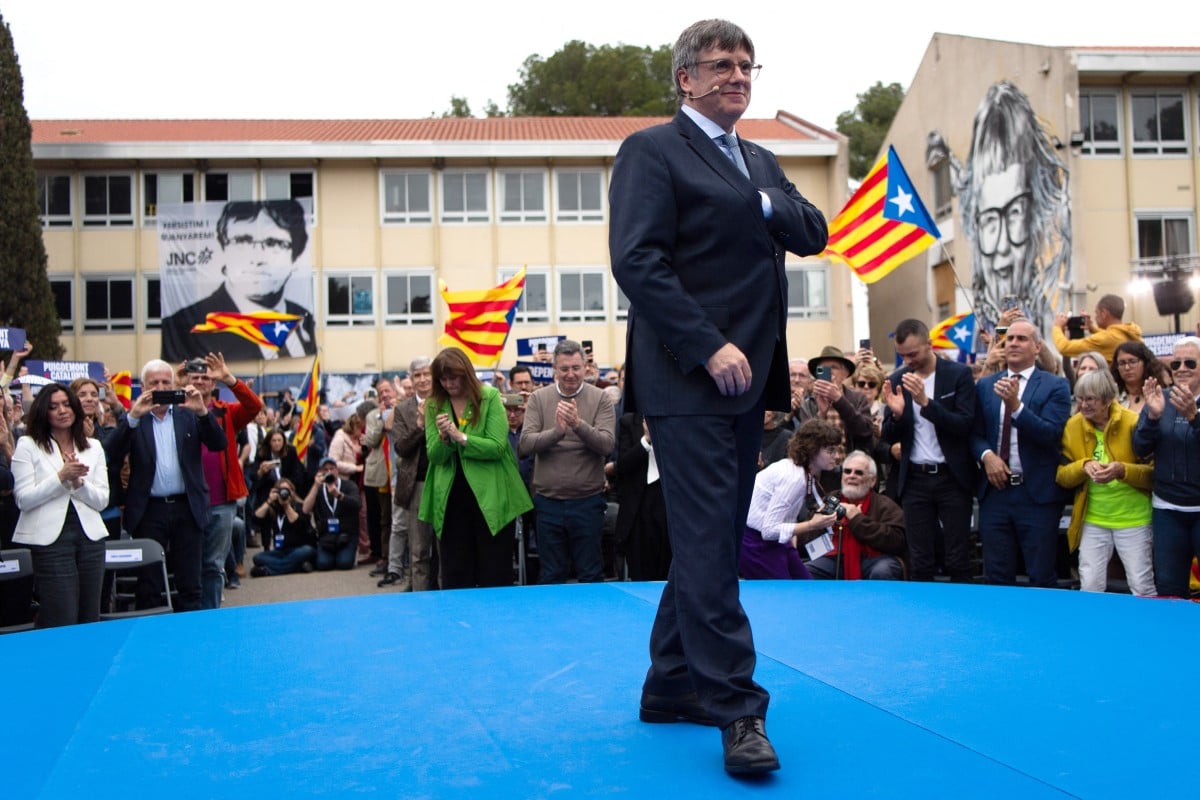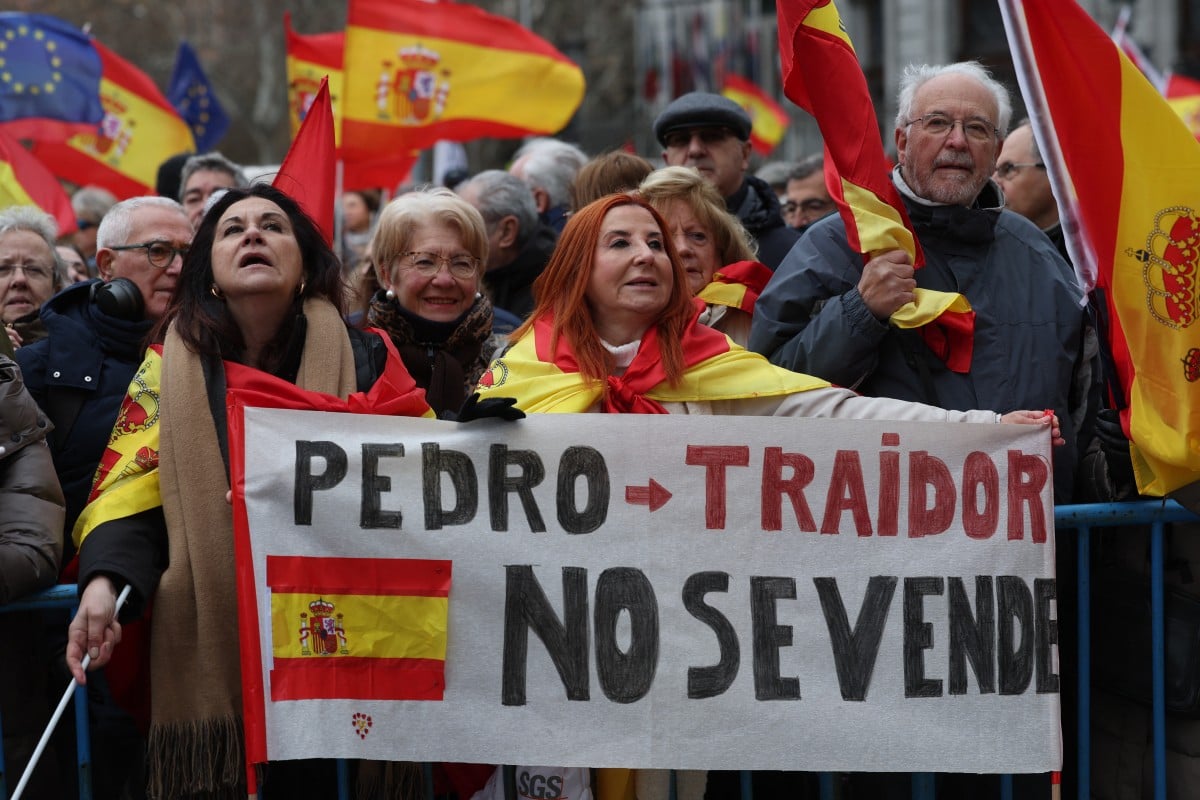Spain’s Ministry of Social Inclusion and the Ministry of the Interior confirmed to El Diario that the Directorate General of Migration will incorporate the change and include a third gender option, something which will then be available on foreigners’ residency documents such as TIE cards.
This option is not currently available on Spanish DNI cards, the ID cards used by Spaniards, because Spain’s civil code does not allow it.
In practical terms, TIE cards (residency cards for non-EU nationals) already have a section on the front stating the “sexo/sex”, but these will now include a third ‘X’ option for non-binary people rather than just ‘M’ or ‘F’.
According to ministerial sources, the option will be available for foreigners whose non-binary identity is recognised in their countries of origin.
The change follows the case of Andrea Speck, a German born non-binary person who successfully won a legal case allowing them to be identified as gender ‘X undefined’ in Spain’s central register of foreigners, as ruled by the judgement of the High Court of Justice in Andalusia (TSJA) in May 2023.
READ ALSO: German becomes first person in Spain with non-binary status on ID
Speck, 58 and a Seville resident, had been fighting in the courts since 2019 because the EX18 form, which is used for records in the Central Register of Foreigners of EU Citizens, only contained male and female options, neither of which they identify with.

At a meeting held in mid-January 2024, Spain’s Directorate General of Migration also decided to modify 24 official forms used to apply for identification in Spain to include the third non-binary ‘undefined’ gender option. However, the exact details are still unclear, and will be further analysed “in the draft reform of the regulation,” according to sources from Spain’s Social Inclusion Ministry.
What is clear is that ‘gender X’ or ‘undefined’ will appear on the identification cards for non-binary foreigners issued in Spain for people who want it. “What it says on the documentation of their countries of origin will be inscribed,” Ministry sources told El Diario.
According to the International Lesbian, Gay, Bisexual, Trans and Intersex Association (ILGA), there are 14 countries in the world that officially recognise non-binary people on identity cards.
In February 2023, Spain’s world-leading trans law was approved by the government, allowing anyone 16 and over to change their gender on their ID card with a simple declaration.
READ ALSO: What is Spain’s ‘Trans Law’ and why is it controversial?
But despite aiming to help trans people, the law did not legally recognise non-binary people or give them the opportunity to select no gender.
However, activists like Speck see this latest development as progress: “With this step, for the first time a Ministry recognises that we, non-binary people, exist, and we have the right to be legally recognised,” Speck explained, adding there she hopes her case has served to “break the gender binary system” in Spain.





 Please whitelist us to continue reading.
Please whitelist us to continue reading.
Member comments